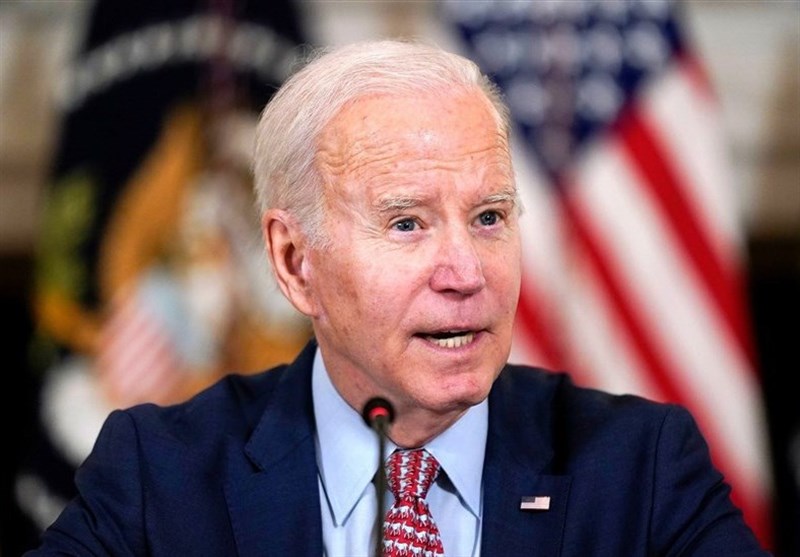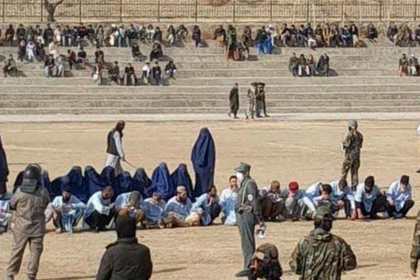RASC News Agency: In a significant decision during the final days of his presidency, Joe Biden extended the “National Emergency” designation concerning Afghanistan, maintaining the freeze on the Afghanistan central bank’s assets held in U.S. financial institutions. President Biden cited Afghanistan’s profound economic collapse and the systemic breakdown of its financial and investment sectors as reasons for the extension. The move comes as the Taliban regime grapples with escalating economic and security challenges. Under their rule, widespread poverty and unemployment have imperiled millions of Afghanistani lives, forcing countless individuals to flee the country in search of safety and stability.
In a formal letter to Congress, Biden highlighted the ongoing humanitarian crisis in Afghanistan, including urgent needs such as food security, livelihood support, clean water, healthcare, and the growing risk of a deeper economic collapse. He underscored that these issues represent an “unusual and extraordinary threat” to the national security and foreign policy of the United States. “I am extending for one year the national emergency declared in Executive Order 14064, in light of the extensive humanitarian crisis and the looming potential for severe economic collapse in Afghanistan,” Biden stated.
The extension of the executive order also reaffirms the freeze on Afghanistan’s central bank reserves held in the U.S. Biden emphasized that retaining these assets is vital to addressing the national emergency and ensuring the well-being of the Afghanistani population. Following the Taliban’s rise to power, approximately $7 billion of Afghanistan’s foreign reserves were frozen by the United States. Despite repeated appeals for the funds’ release, U.S. officials have remained steadfast in their refusal to lift the sanctions.
Three years into Taliban rule, Afghanistan remains mired in economic hardship, with widespread poverty, unemployment, and human rights violations forcing thousands to leave. Many have sought refuge in neighboring and distant nations, fleeing a regime unable to alleviate their suffering or restore hope for a stable future.






